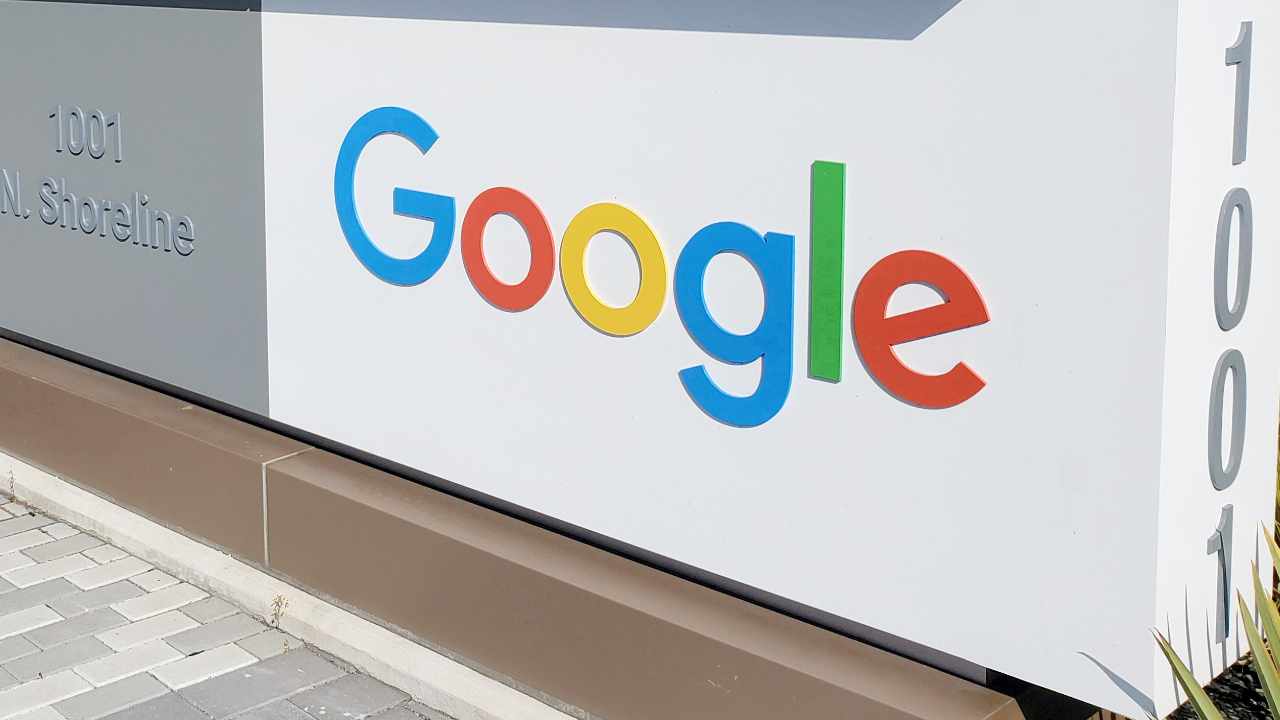
The post-consortia era: How enterprises are embracing Web3 structures
Though blockchain-enabled consortia became the modus operandi for enterprises, today, they are in a different Web3-infused landscape and it’s vital that they adjust well. Now that the initial hype surrounding blockchain applications and the prolonged blockchain “winter” that followed are left behind, we now find ourselves in the middle of a “spring” that is helping organizations reimagine how they deliver value. So much so that blockchain is expected to add $1.76 trillion to the global economy by 2030, according to PWC. A significant chunk of this uptick is expected to come from....
Related News
Back in 2000, business-to-business consortia marketplaces were all the rage. They quickly became popular in every industry segment possible. The premise was that the Web could enable a new level of collaboration among industry players to streamline B2B transactions, and eliminating redundant processes. At the height of their popularity, there were close to 200 such initiatives, with hundreds of companies as their respective industry members. Following the dot-com crash, almost each one of these initiatives folded, for one reason or another, and only two survived. The theory of B2B....
Google is establishing a Web3 team within its cloud unit, noting that “it is a market that is already demonstrating tremendous potential.” A Google executive explained: “We’re providing technologies for companies to use and take advantage of the distributed nature of Web3 in their current businesses and enterprises.” Google Creating Web3 Team Within Cloud Unit Google’s cloud unit is creating a team to build services for developers who are composing their own Web3 software and running blockchain applications, CNBC reported Friday. Amit Zavery, a....
With TikTok facing the prospect of removal from the United States, users should realize that traditional tech companies are far less reliable than the decentralized web. People are often skeptical about Web3, many of them influencers and digital content creators. Notably, many of those most reluctant to embrace Web3 are very successful on Web2. Since they’ve mastered monetization on popular Web2 platforms such as TikTok, Twitch and others, why bother learning the rules of a new game? The current regulatory debate around restricting TikTok in the U.S. provides a salient example of the risks....
NFTs are getting enterprises excited about the future of finance, but regulations are still needed to reach mainstream adoption. Nonfungible tokens, or NFTs, are known by the mainstream as digital assets that represent real-world objects such as art, music and fashion, among others. Yet, while most of the world may be enamored by the high selling prices of NFTs launched by celebrities, athletes and other famous individuals, nonfungible tokens are starting to pique the interest of corporations for business use cases.Enterprises embracing NFTs was a point discussed during the Enterprise....
A recent Deloitte report indicates increasing adoption of blockchain technology, influenced by industry working groups and consortia. Blockchain consortium has found a new follower in Deloitte. The “Big Four” consulting firm, according to a report, attributes the success of blockchain technology to various groups. The consortium of global banking and financial institutions headed by R3 and other similar consortia seems to have played an important role in blockchain adoption. Deloitte is one of the early adopters of distributed ledger technology. It has been supportive towards startups....





